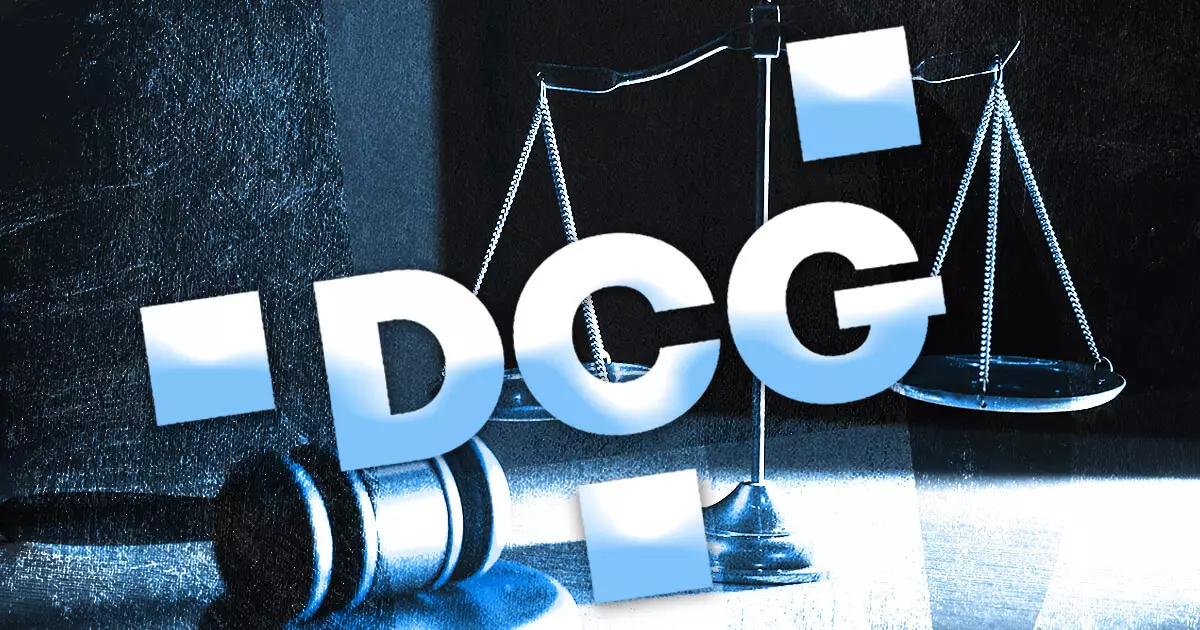The New York Attorney General’s Office (NYAG) has recently expanded its fraud claims against Digital Currency Group (DCG) and its affiliates. The lawsuit, originally alleging over $1 billion in losses, has now been revised to include an additional $2 billion, bringing the total to a staggering $3 billion. This significant increase in losses is said to have affected more than 230,000 investors, prompting the NYAG to take further action.
New York Attorney General Letitia James expressed her disappointment by stating, “After months of false promises, we pulled the curtain back and revealed that DCG was lying to investors and defrauding them out of billions.” The extent of the fraud was so vast that numerous additional individuals came forward to report similar harm inflicted upon them. These revelations have led to the amended complaint filed by the NYAG against Digital Currency Group, DCG CEO Barry Silbert, DCG subsidiary Genesis Global Capital, and former Genesis CEO Soichiro Moro.
Settlement Uncertainty
Although Bloomberg previously reported that Genesis had settled the NYAG lawsuit based on bankruptcy filings, the NYAG’s recent update does not mention any settlement. Consequently, it remains unclear if any agreement reached would apply to the increased amount of losses. The details surrounding this unresolved matter contribute to the growing complexity of the case.
The lawsuit initially initiated by the New York Attorney General’s office in October 2023 focused on Digital Currency Group, Genesis, and their independent partner Gemini. The case revolved around the offering of a cryptocurrency lending service named Gemini Earn. Despite Gemini promoting Earn as a low-risk product, the NYAG’s investigation revealed significant financial risks associated with the company. It was alleged that Genesis and DCG executives attempted to conceal losses through a $1.1 billion promissory note, which pledged ten years of repayment between the two entities. According to the NYAG, this promissory note and the concealment of losses were part of a scheme to defraud investors and the public at large.
In addition to the NYAG’s legal action, the Securities and Exchange Commission (SEC) has also taken steps against Genesis. As a result, a conditional $21 million settlement has been reached, but Genesis will only be required to pay this amount if it cannot fully compensate customers amidst its ongoing bankruptcy proceedings.
The $3 billion fraud claims raised by the New York Attorney General’s Office against Digital Currency Group and related parties have brought attention to the deceptive practices employed within the cryptocurrency industry. With the NYAG expanding its allegations and the uncertainty surrounding potential settlements, it is evident that the repercussions of this case will be far-reaching. This serves as a stark reminder of the importance of transparency and accountability within the digital asset sector, both to protect investors and maintain the integrity of the market.


Leave a Reply